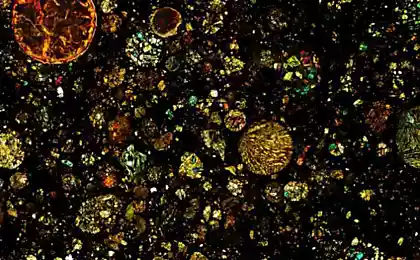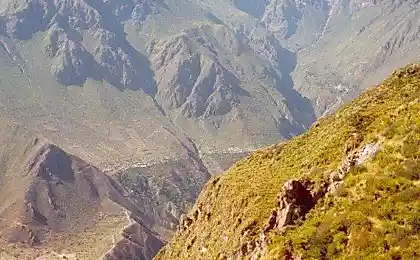1273
7 most huge holes in the ground (34 photos)
1. kimberlite pipe "Mir» (Mir diamond pipe), Yakutia. Mined diamonds to the present. 1200 meters outer diameter and 525 meters depth.
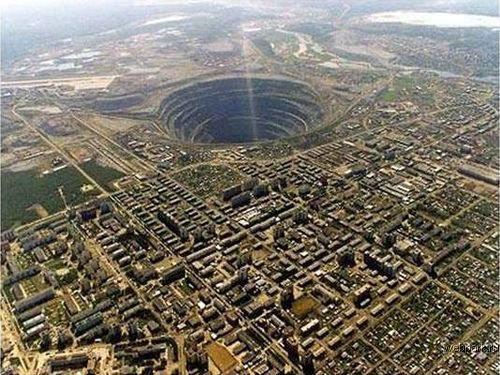
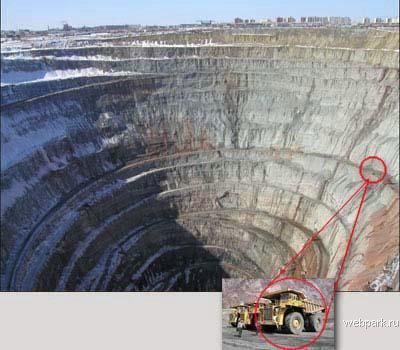
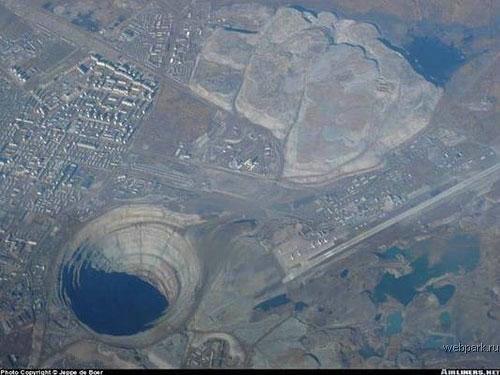
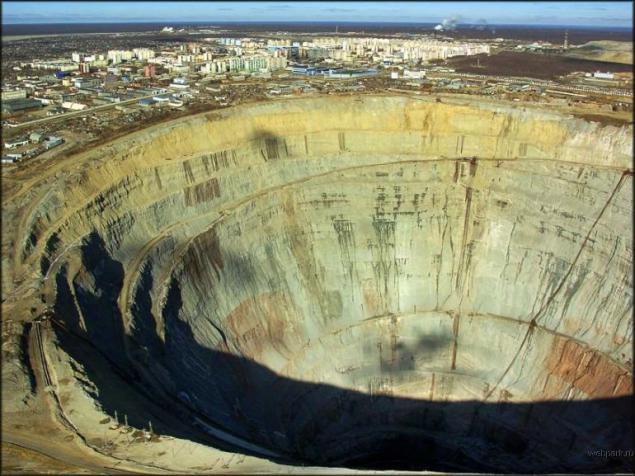
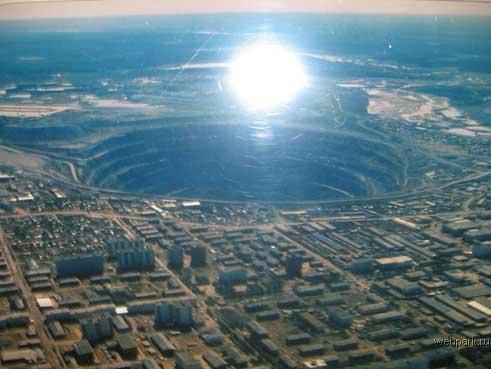
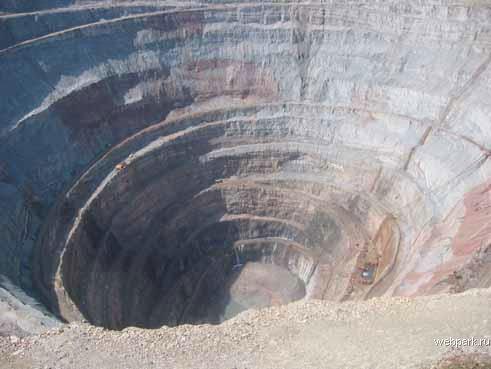
2. kimberlite pipe "Big Hole", South Africa. The largest of the excavated "by hand" - 1097 meters in depth. Moved to the surface more than 22 million. M. Of rock and produced 3 tons of diamonds. Development completed in 1914.
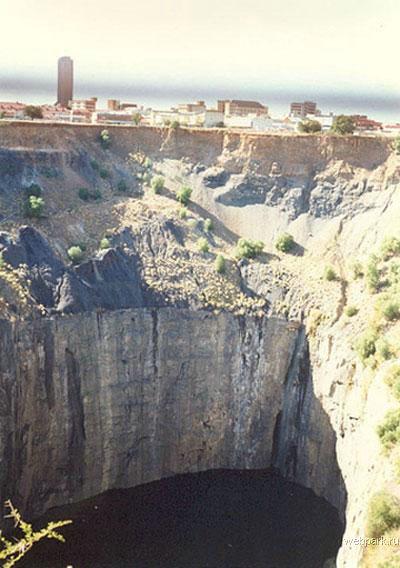
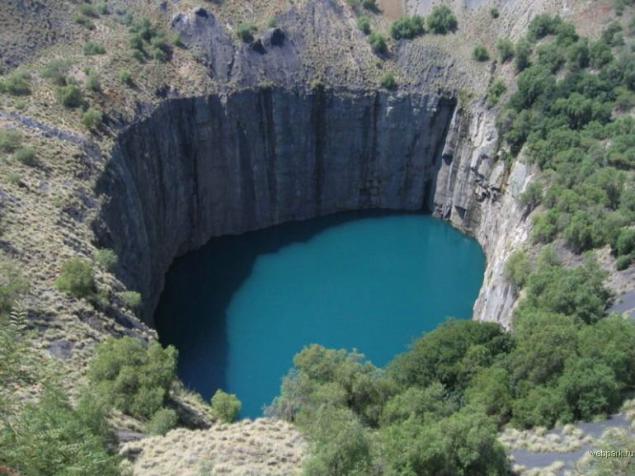
3. Quarry Kennecott Bingham Canyon Mine, Utah. The biggest acting career in the world - the development of copper began in 1863 and is still. About a kilometer in depth and 3.5 in width.
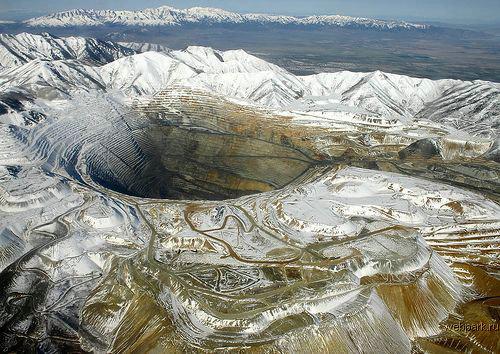
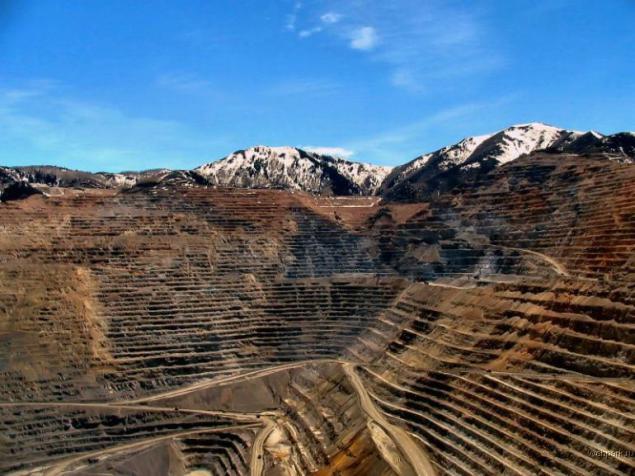
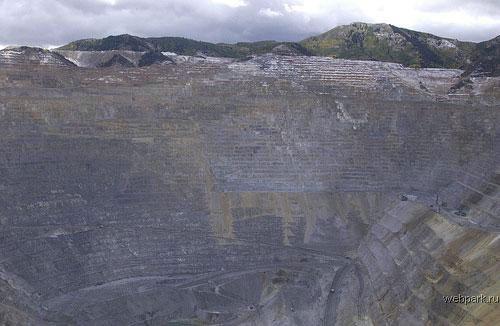
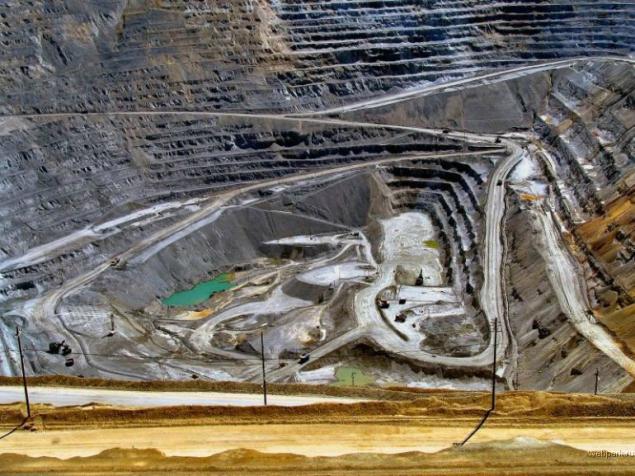
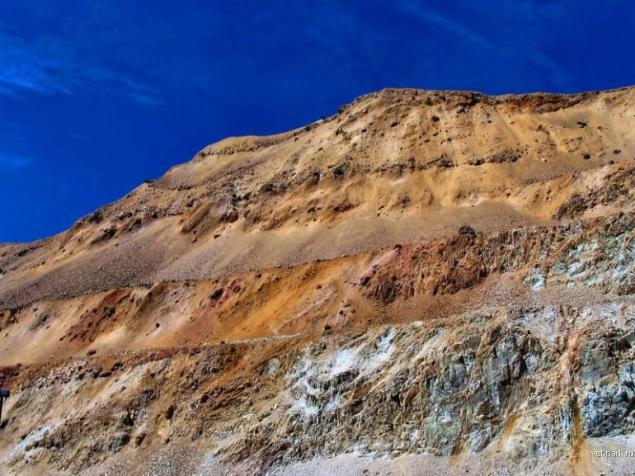
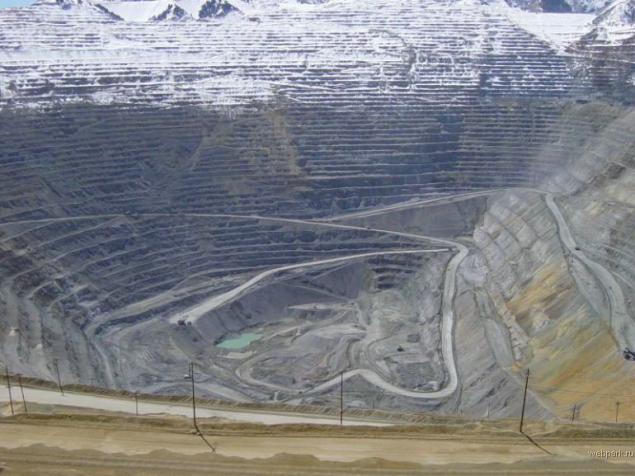
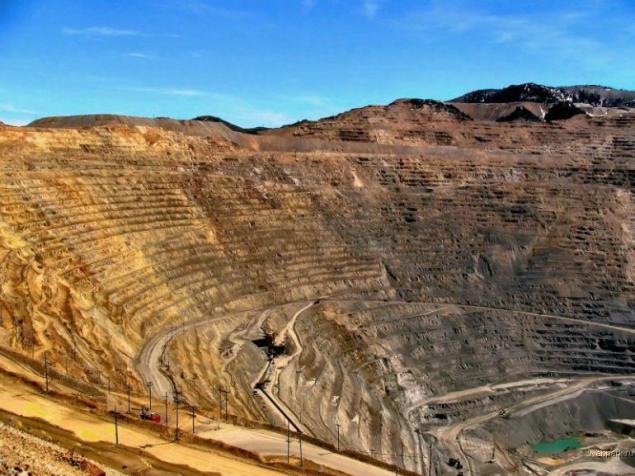
4. Quarry "Dyavik» (Diavik), Canada. Mined diamonds. The quarry is located on the islands has its own infrastructure and the airport capable of receiving Boeing passenger.
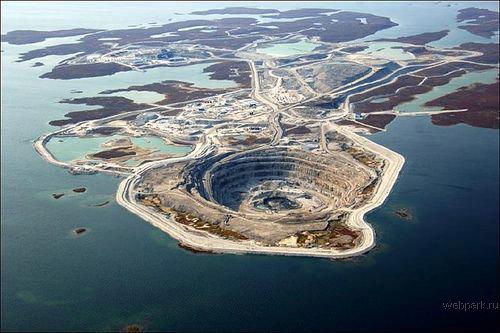
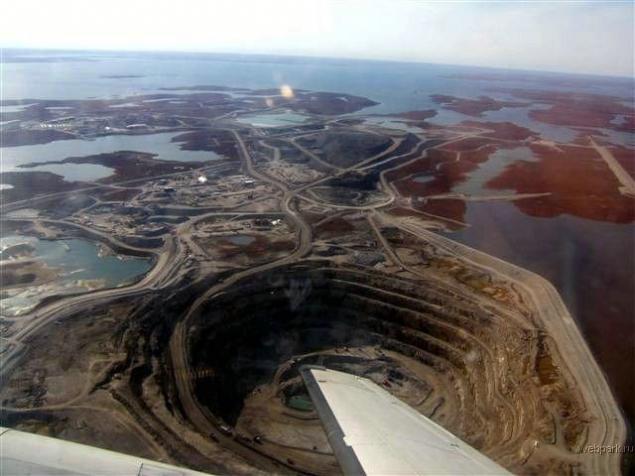
5. Great Blue Hole, Belize. The width of 400 meters, the depth of 145 - 160 meters. Point of attraction of professional divers from around the world.
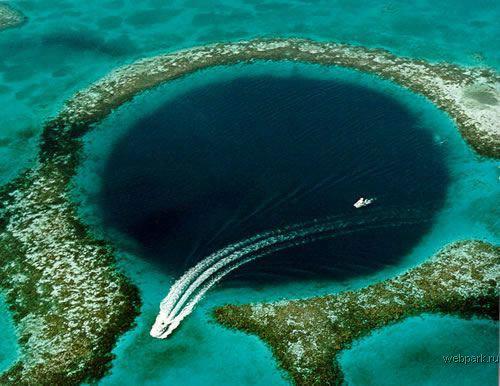
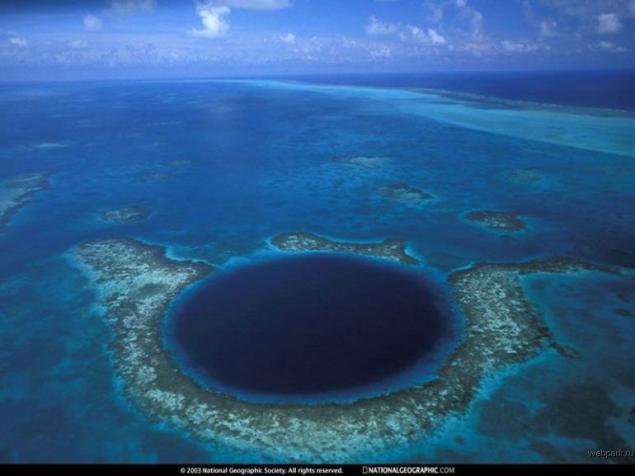
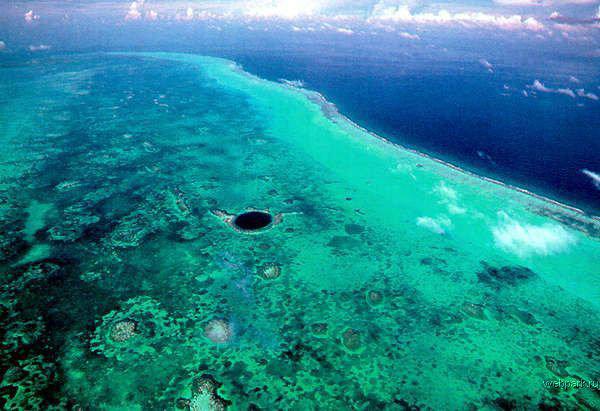
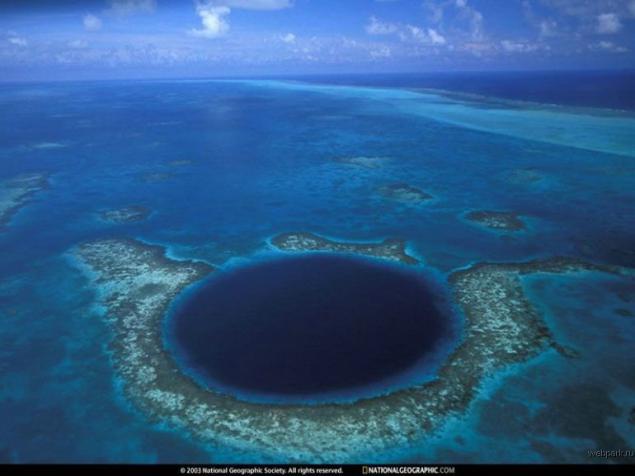
6. Drain hole in the reservoir dam Monticello. Used to reset the excess water in the tank reservoir. A sort of safety valve
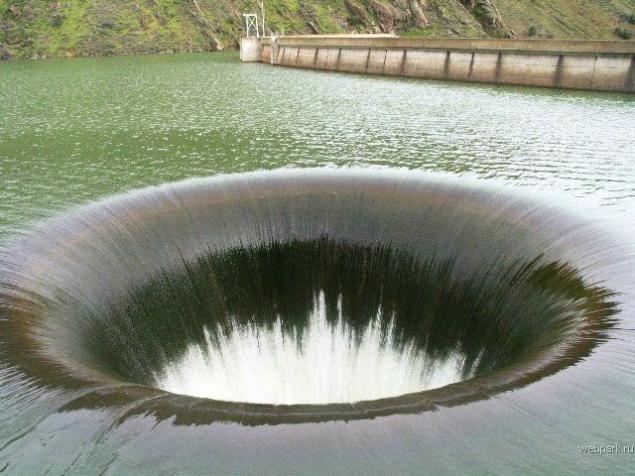
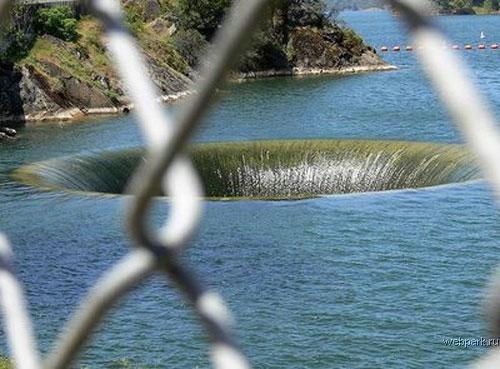
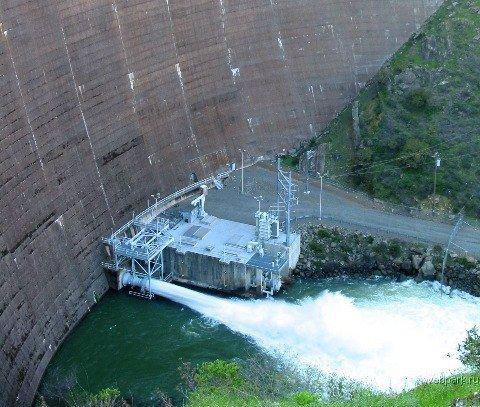
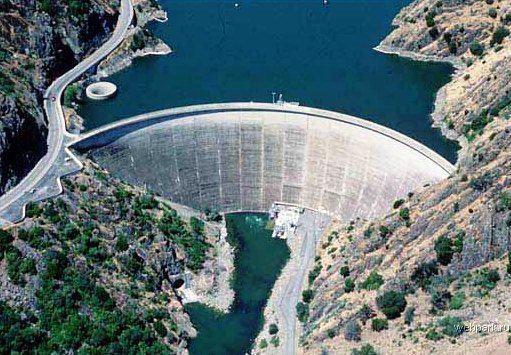
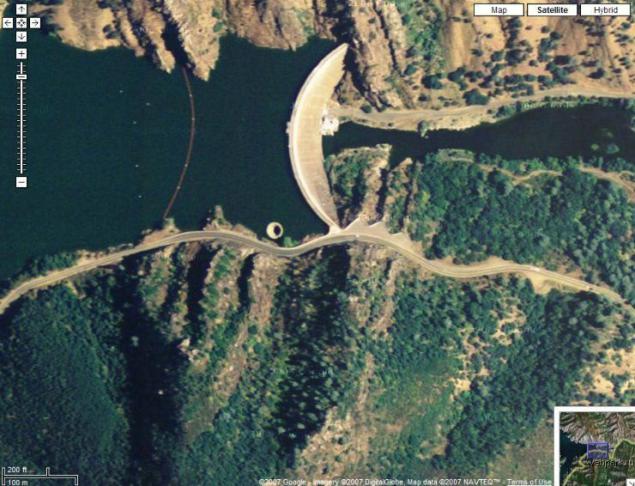
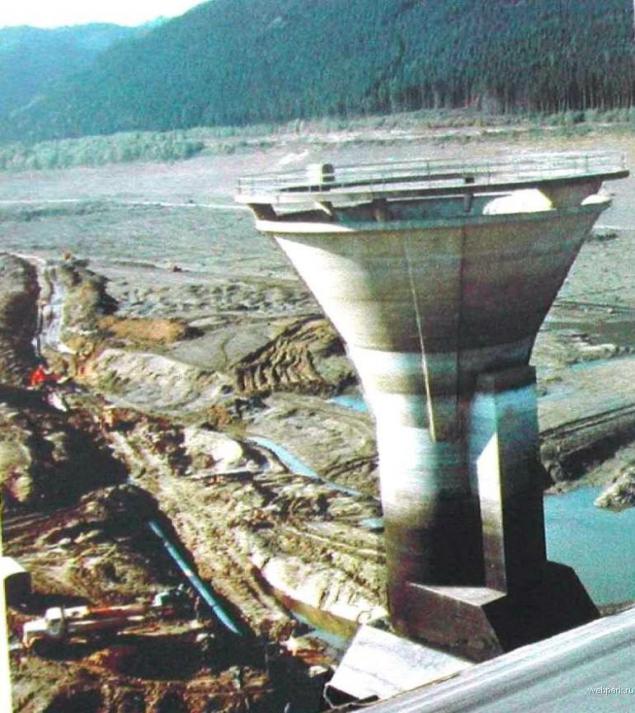
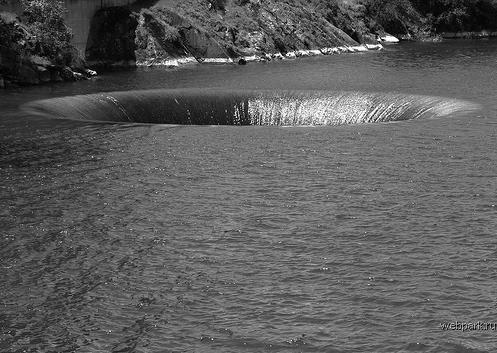
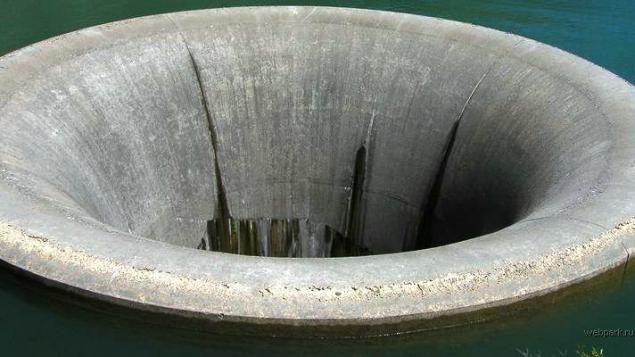
7. Karst failure in Guatemala. Caused by groundwater and rainfall. During the formation of the failure of several deaths and destroyed dozens of homes
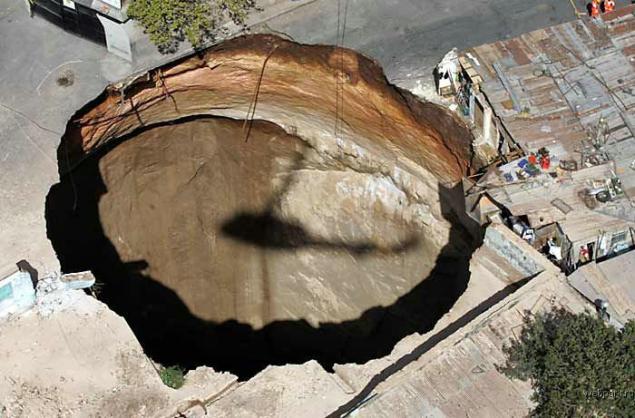
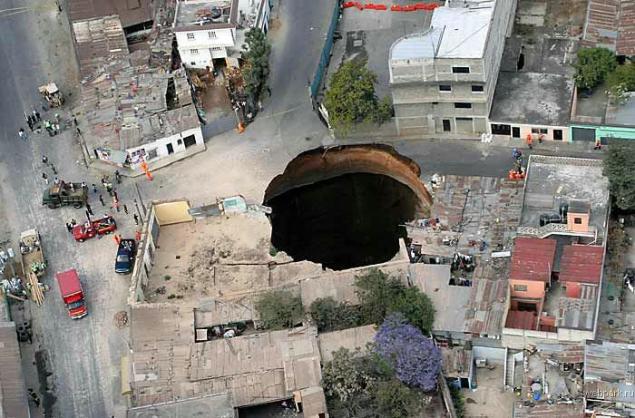
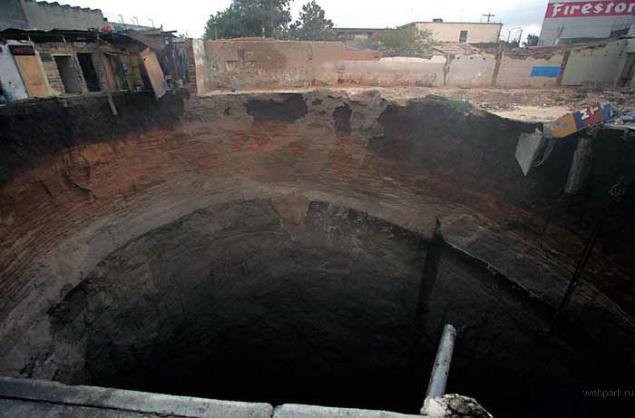
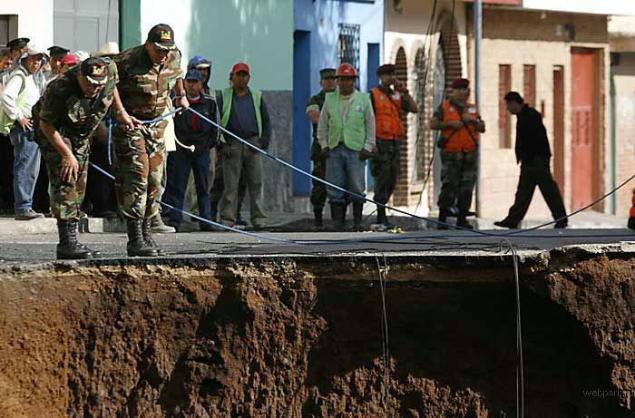
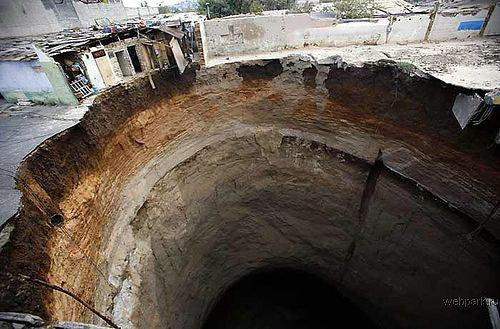






2. kimberlite pipe "Big Hole", South Africa. The largest of the excavated "by hand" - 1097 meters in depth. Moved to the surface more than 22 million. M. Of rock and produced 3 tons of diamonds. Development completed in 1914.


3. Quarry Kennecott Bingham Canyon Mine, Utah. The biggest acting career in the world - the development of copper began in 1863 and is still. About a kilometer in depth and 3.5 in width.







4. Quarry "Dyavik» (Diavik), Canada. Mined diamonds. The quarry is located on the islands has its own infrastructure and the airport capable of receiving Boeing passenger.


5. Great Blue Hole, Belize. The width of 400 meters, the depth of 145 - 160 meters. Point of attraction of professional divers from around the world.




6. Drain hole in the reservoir dam Monticello. Used to reset the excess water in the tank reservoir. A sort of safety valve








7. Karst failure in Guatemala. Caused by groundwater and rainfall. During the formation of the failure of several deaths and destroyed dozens of homes




























